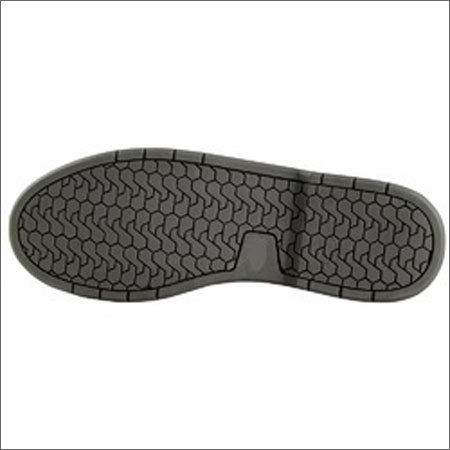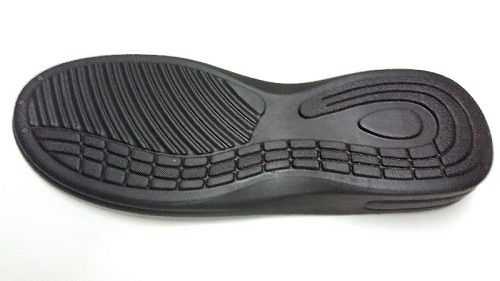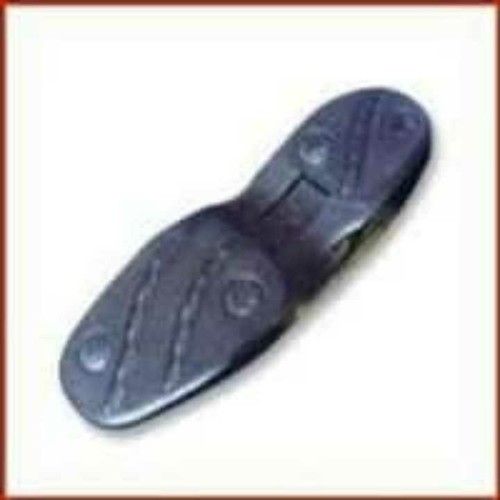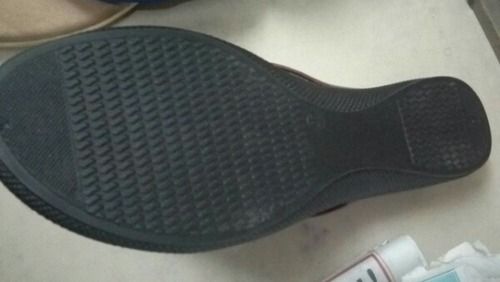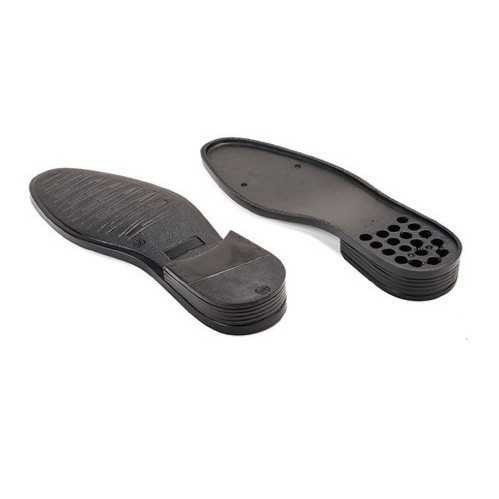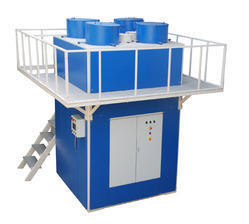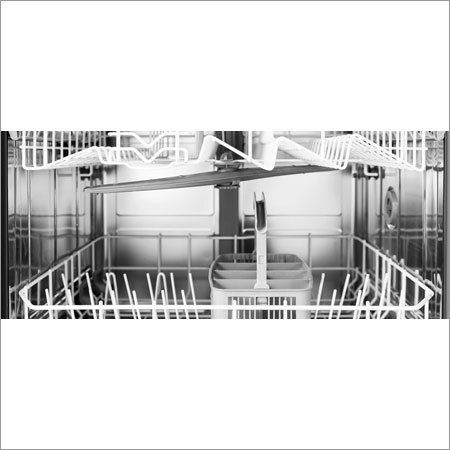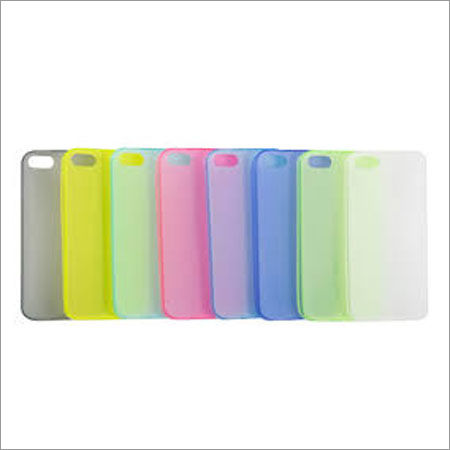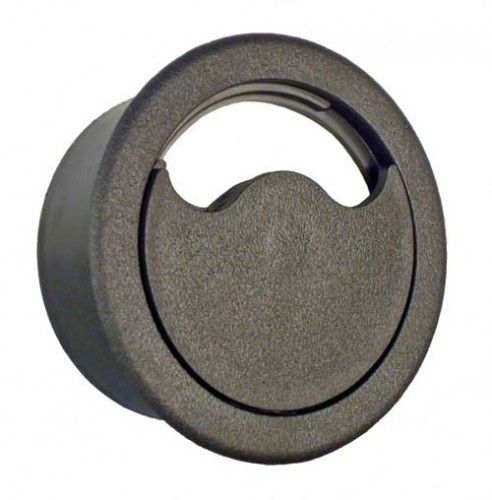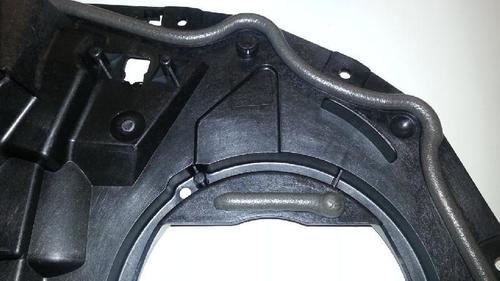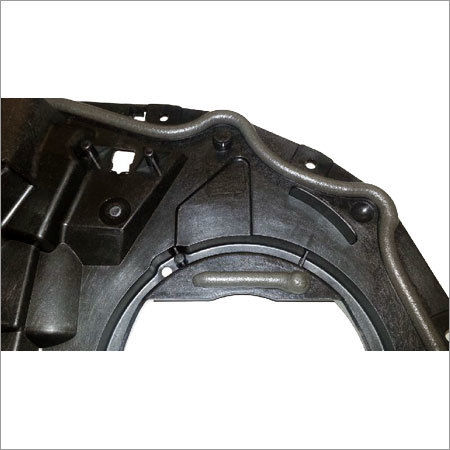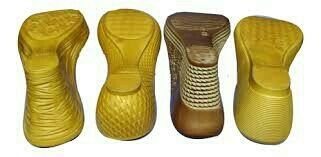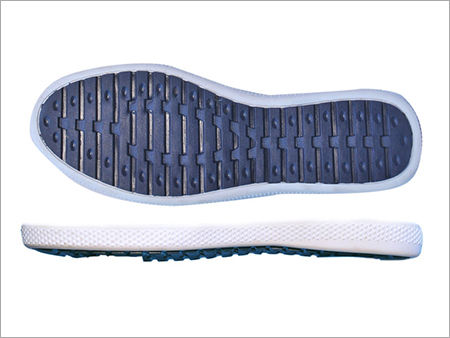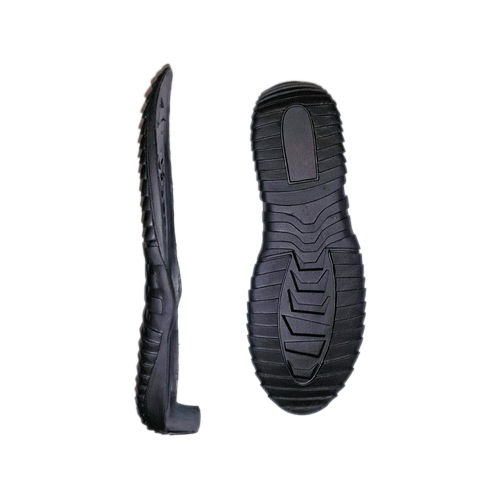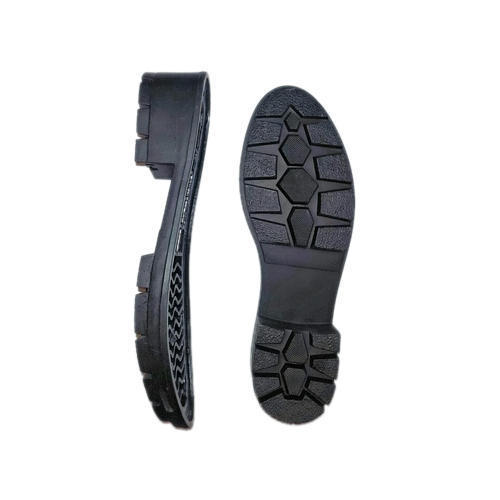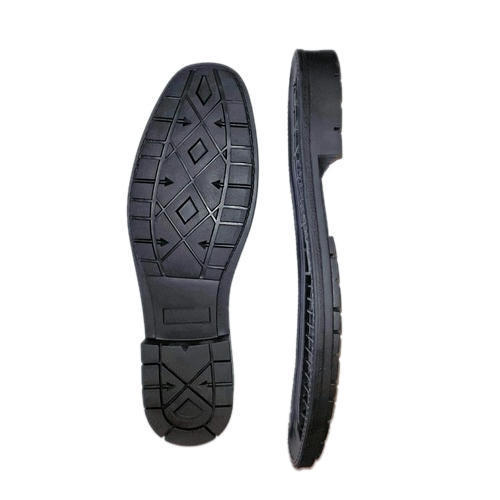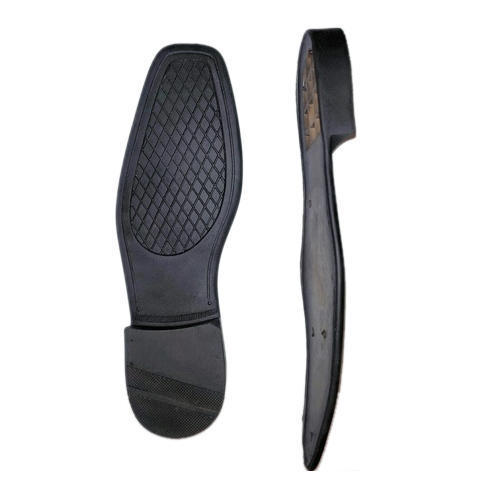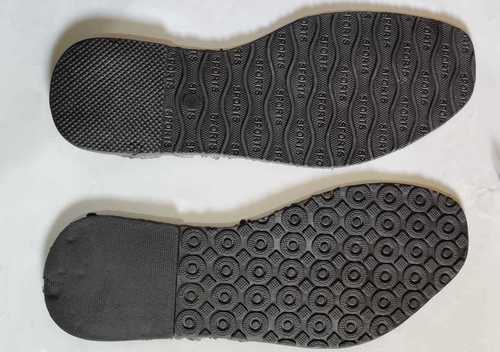1) TPE Thermoplastic elastomers (TPEs) combine the good processing properties of plastics with the elastomer properties that are so important for product developers and designers. Thermoplastic elastomers consist of thermoplastic end blocks and an elastic midblock. As regards their structure and behaviour, they belong to a material class that is positioned between plastics (thermoplastics) and rubber (elastomer) and have gradually been developed into a material class of their own. They enhance products and enable processors to position their products ahead of those of their competitors. In addition, TPEs also fulfil technical functions that have up to now only been available with elastomers. The use of TPEs does not only offer a range of product advantages but also has significant commercial benefits for processors. Similar to thermoplastics, TPEs become plastic when heated and elastic when cooled down again. In elastomers, this behaviour is due to chemical cross-linking. In TPEs, it is the result of physical cross-linking, and any changes in behaviour caused by heating are reversible. When the material is cooled down, new cross-links are established, which bond the elastic blocks into rigid three-dimensional networks. This means that TPEs show elastic properties that are similar to those of elastomers, while allowing for repeat deformation and recovery as known from thermoplastics. Thermoplastic elastomers are thus free-flowing and formable The use of TPEs offers a number of key advantages: Easy thermoplastic processing Short cycle times Low energy consumption Thermal stability, providing large processing window Multi-component processing and thus reduced assembly costs Combination of two materials (hard-soft composite) 100% recyclable Versatile dying options, including colour effects for more advanced design 2) TPS A TPE based on styrene block copolymers are commonly referred to as a TPS. TPS can be further classified in SEBS, SBS, SEPS and SEPS-V.SEBSs are used in adhesives such as hot-melts, or as the soft component in 2C injection moulding materials. 3)Market where the product use 1) Automotive industry Thermoplastic elastomers offer many advantages to car manufacturers. It gives gear sticks and steering wheels their smooth touch. Thanks to their good compression set values and processability with 2C injection moulding, TPE is an attractive option for car window trims. The resistance to oil and grease on offer for example with HIPEX makes the material even suitable for use in the engine compartment. Properties: Odourless Good weather resistance Resistant to oil and grease Fast cost-effective processing Vibration-damping Excellent adhesion with all conventional hard components Abrasion-resistant Typical applications: Control elements Airbags Anti-slip mats Window trims Cowl panels Spoilers Seals Air duct components 2)Consumer TPE compounds stand for highest product quality and are approved for medical applications, which makes them a preferred material for the consumer goods sector. Our thermoplastic elastomers can be easily dyed, conform to BfR and FDA requirements and offer excellent flow properties. For TPEs aimed at the consumer goods market, we use exclusively pure medical white oils. We also offer compounds that have been tested for skin and mucous-membrane irritation. Our TPE compounds are therefore also widely used in baby bottle teats and soothers and in seals for food containers. Properties: Soft-touch feel Catering for a wide range of hard-soft combinations Highly translucent Odourless Extremely good tearing properties Typical applications: Toothbrushes Packaging for cosmetics and foods Toys Diving goggles Skis Design applications 3) Industrial applications Our TPEs are also successfully used in the industrial sector. These materials have been specifically designed to suit the needs of the industry, and are thus particularly free-flowing and scratch-resistant, offer excellent thermal stability and good "wet grip". Due to their exceptional compression set values, TPEs are for example used in terminal protection elements. We also offer flame-retardant materials that can be extruded and are widely used in cable sheathing. In addition, we supply thermoplastic elastomers that conform to German and British drinking water regulations and can thus be used in shower heads and similar fittings. We support our customers in finding solutions for a wide range of problems and assist them in making the right decision, for example when it comes to UL certification and approvals for drinking water applications. Properties: Great grip Easy to dye Good flow proprieties Printable with laser without the need for preliminary treatment Excellent adhesion to other technical plastics Good UV resistance Insulating Excellent damping properties Typical applications: Seals Tool handles Shower head inserts Cable sheathing Window profiles 4) Medical technology We also offer TPEs that suit the extremely stringent requirements of the medical-technical and pharmaceutical industry. Compounds developed for this sector can be sterilised and are suitable for use up to indirect contact with blood. The range of applications thus include for example syringe stoppers and medical hoses. As a supplier to the medical-technical industry over many decades, we have gained excellent experience and expertise thanks to our close contact with customers, doctors and other medical professionals. We offer our customers a unique service pack based on excellent quality, safety and reliability. Properties: High elasticity Resistant to isopropanol Extremely good compression set Free of latex and PVC Wide range of medical approvals (USP VI, ISO 10993-4, -5, -10, -11) Typical applications: Oxygen masks Medical packaging Drip chambers
